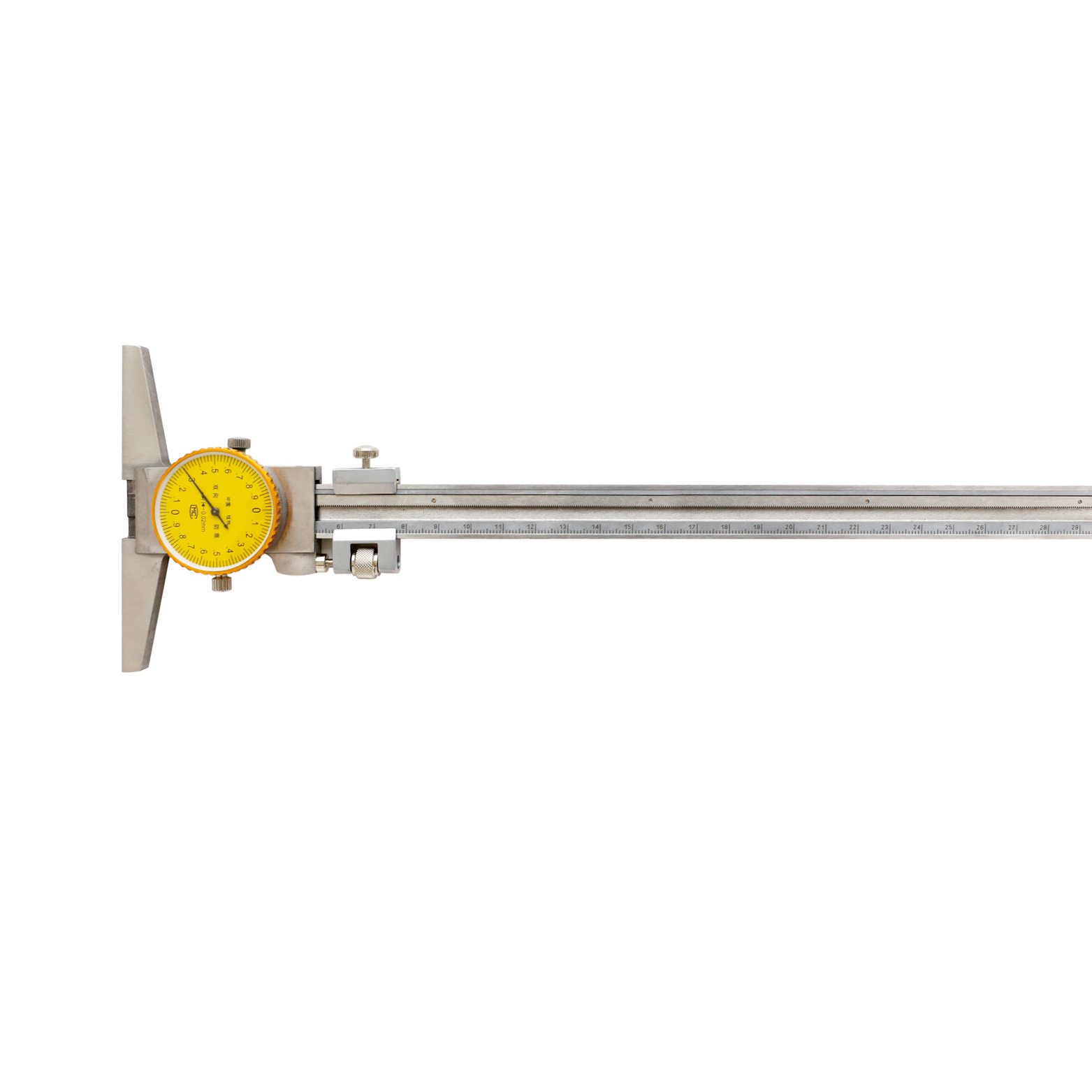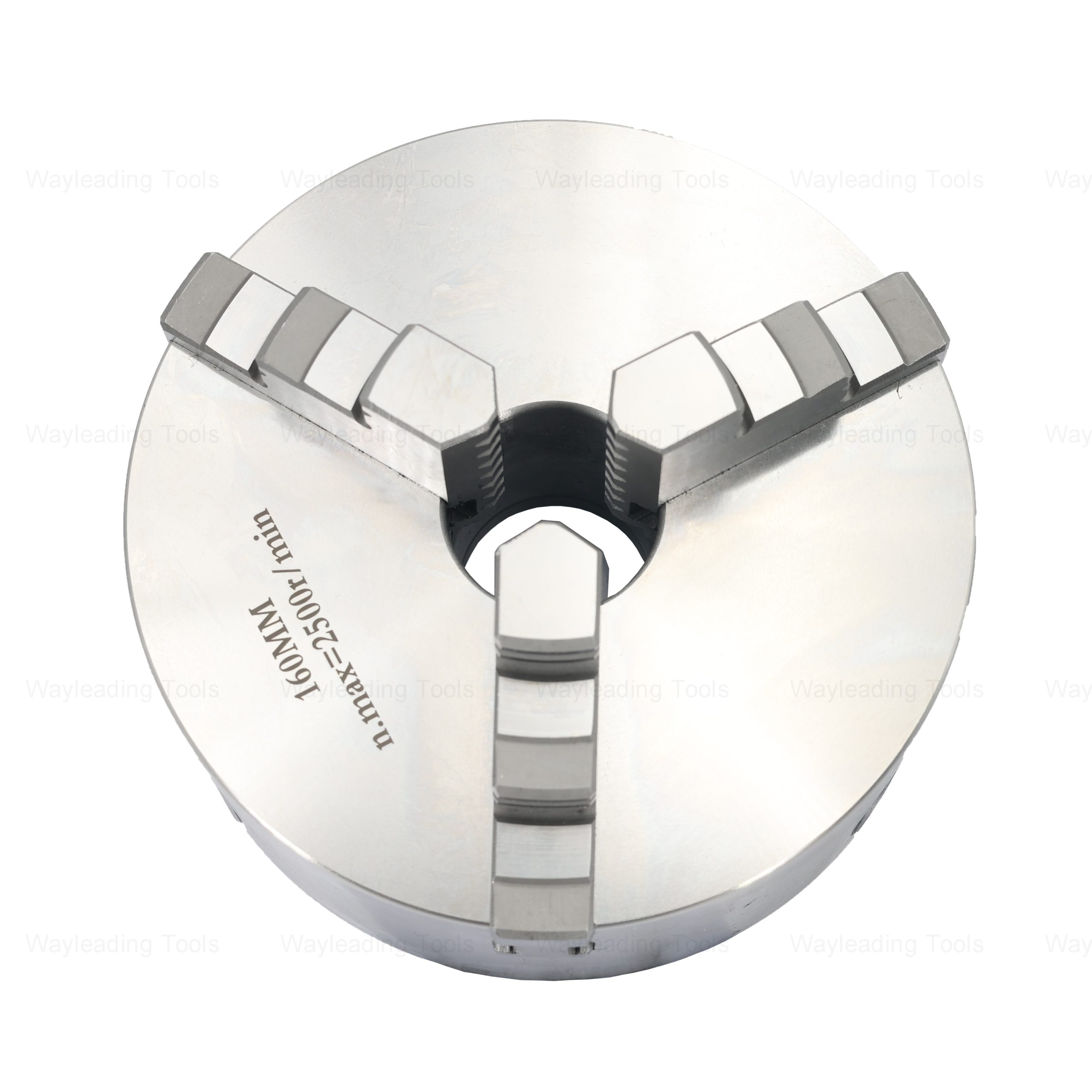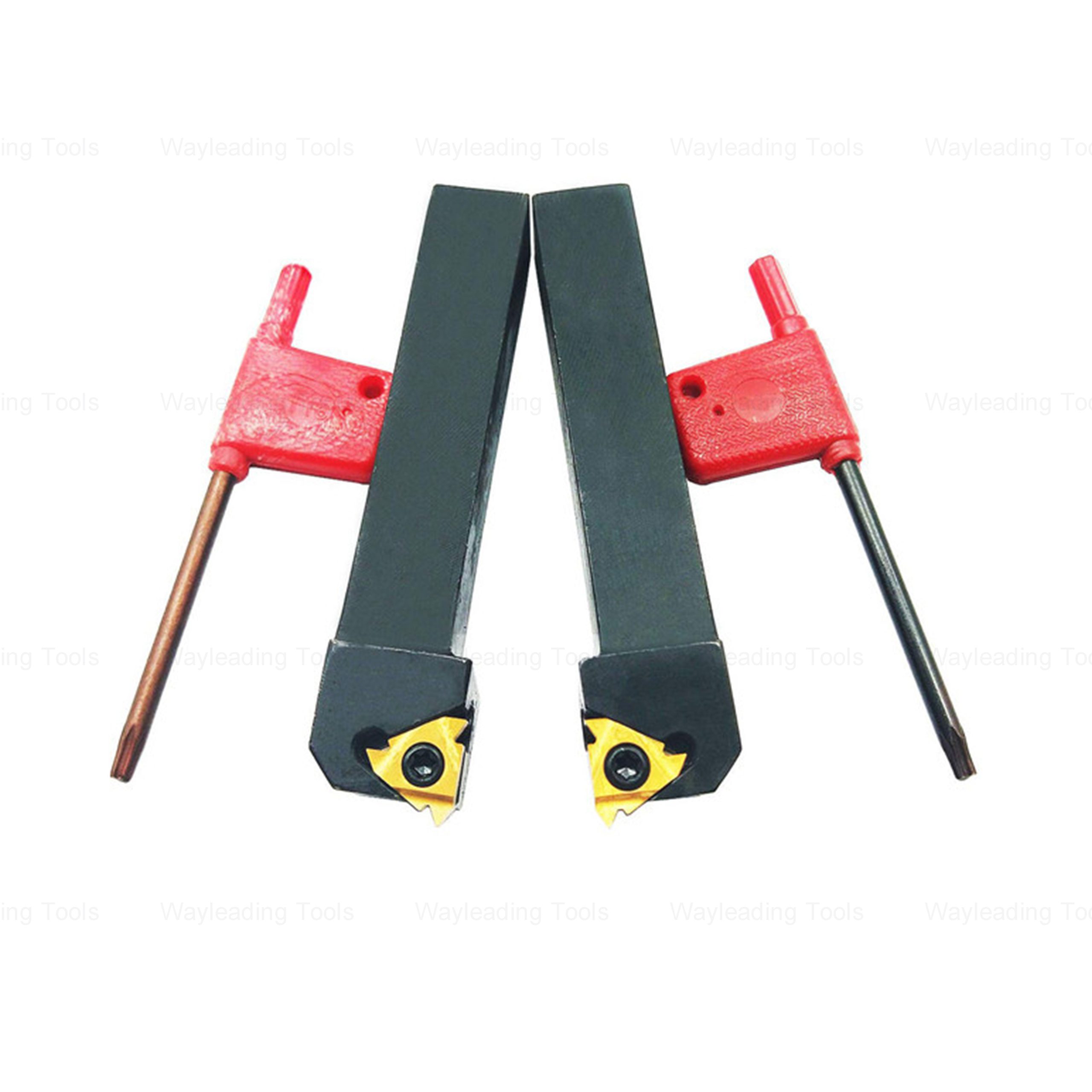tapping tools Supplier
Choosing the right tapping tools supplier is crucial for efficient and accurate thread creation. This guide covers essential factors to consider when selecting a supplier, including tool types, material options, performance considerations, and supplier reliability, helping you make an informed decision and optimize your tapping operations.
Understanding Tapping Tools and Their Applications
Tapping tools are used to create internal threads in materials like metal, plastic, and wood. The process of tapping involves cutting or forming threads inside a hole, allowing screws or bolts to be securely fastened. Selecting the appropriate tapping tools for the job is essential for achieving accurate and durable threads. Wayleading Tools offers a wide range of tapping tools to meet diverse application needs, ensuring high-quality results for every project.
Types of Tapping Tools
Different types of tapping tools are designed for specific applications and materials. Here are some common types:
- Hand Taps: Used manually with a tap wrench. Typically come in sets of three: taper, plug, and bottoming. Ideal for low-volume or precision applications.
- Machine Taps: Designed for use with power tools like drill presses or CNC machines. Offer faster and more consistent tapping.
- Spiral Point Taps (Gun Taps): Push chips ahead of the tap, making them suitable for through holes.
- Spiral Flute Taps: Pull chips back out of the hole, ideal for blind holes.
- Forming Taps (Roll Taps): Form threads by displacing material rather than cutting it, resulting in stronger threads and no chips.
Materials Commonly Used in Tapping Tools
The material of the tapping tools affects its performance and lifespan. Common materials include:
- High-Speed Steel (HSS): Versatile and cost-effective, suitable for a wide range of materials.
- Cobalt Steel (HSS-E): Offers higher heat resistance and wear resistance compared to HSS, making it suitable for harder materials.
- Carbide: Provides excellent hardness and wear resistance, ideal for high-volume production and abrasive materials.
Key Factors to Consider When Choosing a Tapping Tools Supplier
Selecting the right tapping tools supplier is crucial for ensuring the quality and efficiency of your threading operations. Here are several key factors to consider:
Product Quality and Reliability
The quality of tapping tools directly impacts the accuracy and durability of the threads. Look for suppliers who offer tools made from high-quality materials and manufactured to tight tolerances. Reading customer reviews and checking for certifications can provide insights into the supplier's commitment to quality.
Range of Products and Services
A good supplier should offer a wide range of tapping tools to meet various application needs. This includes different types of taps, sizes, and materials. Additionally, consider suppliers who offer services such as custom tool design, regrinding, and coating.
Pricing and Availability
Compare pricing from different suppliers to ensure you are getting a competitive rate. Consider the total cost, including shipping and handling. Check the supplier's inventory levels and lead times to ensure they can meet your delivery requirements. Wayleading Tools provides competitive pricing and reliable availability, ensuring you get the tapping tools you need when you need them.
Technical Support and Expertise
Choose a supplier who can provide technical support and expertise to help you select the right tapping tools for your application. This includes answering questions about tool selection, cutting parameters, and troubleshooting issues. A knowledgeable supplier can help you optimize your tapping operations and avoid costly mistakes.
Supplier Reputation and Experience
Consider the supplier's reputation and experience in the industry. Look for suppliers with a proven track record of providing high-quality tapping tools and excellent customer service. Check online reviews and ask for references to gauge the supplier's reliability.
Comparing Tapping Tool Materials: A Performance Overview
The selection of material significantly influences the performance of tapping tools. The table below illustrates the key characteristics and application suitability of common materials.
| Material | Hardness | Wear Resistance | Heat Resistance | Typical Applications |
|---|---|---|---|---|
| High-Speed Steel (HSS) | Moderate | Moderate | Moderate | General purpose tapping of steel, aluminum, and plastic. |
| Cobalt Steel (HSS-E) | High | High | High | Tapping of harder materials such as stainless steel, cast iron, and high-strength alloys. |
| Carbide | Very High | Very High | Very High | High-volume production and tapping of abrasive materials such as hardened steel, titanium, and composites. |
Tips for Optimizing Your Tapping Operations
To maximize the performance and lifespan of your tapping tools, consider the following tips:
- Use the Right Cutting Speed: Refer to the manufacturer's recommendations for optimal cutting speeds for the material being tapped.
- Apply Cutting Fluid: Use a high-quality cutting fluid to lubricate the tap and remove chips, reducing friction and heat.
- Maintain Sharp Tools: Regularly inspect your tapping tools for wear and tear. Replace or regrind dull tools to prevent poor thread quality and tool breakage.
- Proper Hole Preparation: Ensure the hole is properly sized and chamfered before tapping.
Wayleading Tools: Your Reliable Tapping Tools Supplier
Wayleading Tools is a leading tapping tools supplier dedicated to providing high-quality products and exceptional customer service. With a wide range of tapping tools and a team of experienced professionals, Wayleading Tools can help you find the right tools for your specific needs. Contact us today to learn more about our products and services.
Disclaimer: All product specifications and data are based on information available from manufacturer websites and industry resources. Consult with a qualified engineer or professional for specific applications.
Related products
Related products
Best selling products
Best selling products-
 Precision 10pcs & 12pcs Angle Blocks Set With High Quality Type
Precision 10pcs & 12pcs Angle Blocks Set With High Quality Type -
 HSS Metric Plain Metal Slitting Saws For Industrial
HSS Metric Plain Metal Slitting Saws For Industrial -
 Inch HSS Step Drills with Straight Flute
Inch HSS Step Drills with Straight Flute -
 F1 Precision Boring Head With Metric & Inch
F1 Precision Boring Head With Metric & Inch -
 Outside Micrometer Set Of Inch & Metric With Rachet Stop
Outside Micrometer Set Of Inch & Metric With Rachet Stop -
 Precision Vernier Caliper With Nib Style Jaws Of Metric & Imperial For Industrial
Precision Vernier Caliper With Nib Style Jaws Of Metric & Imperial For Industrial -
 Dial Depth Gauge With Stainless Steel For Industrial Type
Dial Depth Gauge With Stainless Steel For Industrial Type -
 HSS Shell End Mill Cutter With Bright & TiN Or TiAlN Coated
HSS Shell End Mill Cutter With Bright & TiN Or TiAlN Coated -
 Precision Monoblock Vernier Caliper – Metric & Inch, Industrial Use
Precision Monoblock Vernier Caliper – Metric & Inch, Industrial Use -
 Precision V Block Set With M Type
Precision V Block Set With M Type -
 K11 Series 3-Jaw Self-Centering Lathe Chuck – Scroll Type, for Manual Lathes
K11 Series 3-Jaw Self-Centering Lathe Chuck – Scroll Type, for Manual Lathes -
 Outside Micrometer Set Of Inch & Metric For Industrial
Outside Micrometer Set Of Inch & Metric For Industrial











